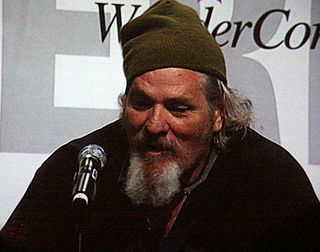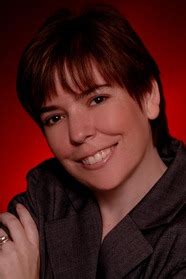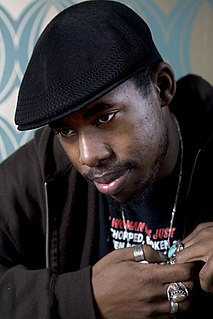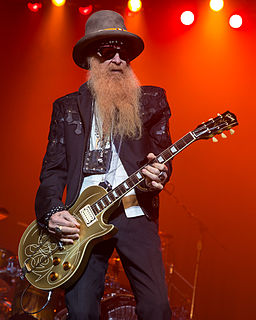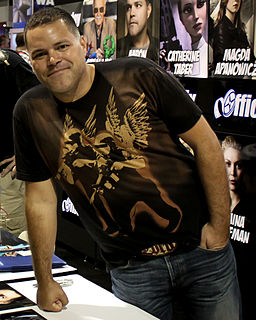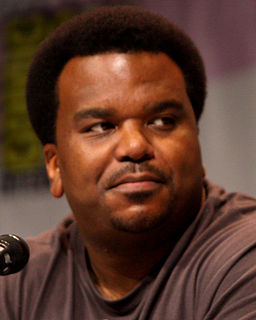A Quote by John Steinbeck
Related Quotes
Wherever they’s a fight so hungry people can eat, I’ll be there. Wherever they’s a cop beatin’ up a guy, I’ll be there. If Casy knowed, why, I’ll be in the way guys yell when they’re mad an’—I’ll be in the way kids laugh when they’re hungry n’ they know supper’s ready. An’ when our folks eat the stuff they raise an’ live in the houses they build—why, I’ll be there.
John Steinbeck's 'The Grapes of Wrath' also speaks urgently to today's concerns: the cratered trail of dreams for Mexican immigrants seeking a promised land in the Western [United States]; the perfidy of banks in foreclosing on poor people's homes; and the insurgent urge of the book's protagonist, Tom Joad, to speak truth to police power. 'Wherever there's a cop beatin' up a guy,' Tom promises, 'I'll be there.' In Salinas, Calif., Ferguson, Mo., or Staten Island, N.Y., Tom's truth goes marching on.
Nearly every day on the television set the hero cop breaks into the bad guy's house and beats a confession out of him and we cheer on the cop. Propaganda smears our clear vision. It causes us to accept the diminishment of our constitutional protections as something to be lauded - after all, the cop was protecting us.
In Crash, you've got a pathological cop who at the end justifies police brutality. He tells the naïve, young cop that you're going to end up the same as him. He's the most sympathetic character in the movie. So, the naïve cop ends up murdering this Black kid and tries to cover up the evidence. It sort of justifies police brutality and the planting of evidence which is what happened in the O.J. Simpson case.
With a face like this, there aren't a lot of lawyers or priest roles coming my way. I've gotta face that was meant for a mug shot and that's what I've been doing for the past thirty years. If I play a cop, it's always a racist cop, or a trigger-happy cop or a crooked cop - but by and large I play cowboys, bikers, and convicts.





